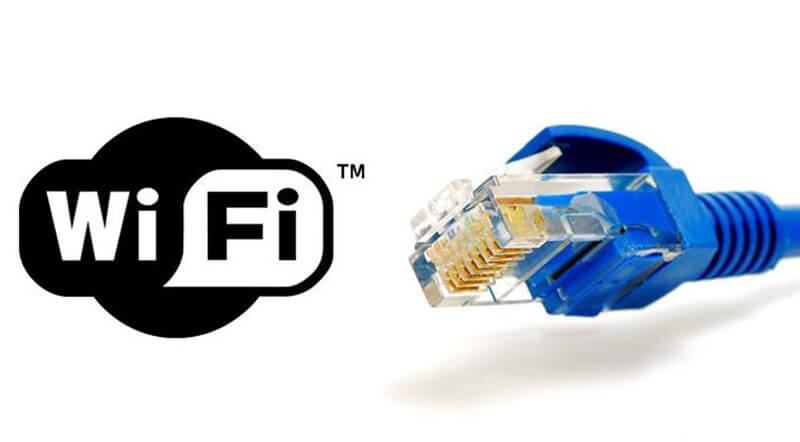Cybersecurity Tips Every Small Business Should Know
If you’re running a small business, you probably already have a lot on your plate. But there’s one more thing you need to keep an eye on: cybersecurity. It might seem like something only big corporations need to worry about, but that’s not the case. In fact, small businesses are often easier targets for cybercriminals. The good news is, you don’t need to be a tech genius to protect your business. Here are 10 straightforward tips to help you stay safe online.
1. Train Your Team
Your employees are your first line of defense. Take some time to educate them about common cyber threats, like phishing emails, and the importance of strong passwords. A little bit of training can go a long way in preventing an attack.
2. Use Strong, Unique Passwords
Speaking of passwords, make sure everyone in your business is using ones that are strong and unique. Avoid anything obvious like “password123.” And consider using a password manager—it’s an easy way to keep track of all those complex passwords without the headache.
3. Enable Multi-Factor Authentication (MFA)
Think of MFA as an extra lock on the door. Even if someone gets hold of your password, they’ll need another form of identification to get in. It might be a code sent to your phone or a fingerprint scan, but either way, it adds an extra layer of security.
4. Keep Everything Updated
Outdated software is like an open invitation for hackers. Make sure all your software and systems are up-to-date with the latest security patches. It’s a simple step, but it can make a big difference.
5. Secure Your Wi-Fi
Your Wi-Fi network is another point of vulnerability. Make sure it’s protected with strong encryption (like WPA3) and change those default router passwords. If you have clients or guests who need to use your Wi-Fi, set up a separate network for them.
6. Back Up Your Data
Imagine losing all your business data overnight. Scary, right? Regular backups can help you avoid that nightmare. Store backups in a secure location or use encrypted cloud storage. And don’t forget to test your backups now and then to make sure they work.
7. Use Antivirus and Anti-Malware Software
Invest in good antivirus and anti-malware software. These tools can catch and eliminate malicious software before it causes any damage. And just like everything else, keep this software updated.
8. Limit Access to Sensitive Info
Not everyone in your business needs access to everything. Set up permissions so that employees only have access to the information they need for their job. This minimizes the risk if someone’s account gets compromised.
9. Don’t Forget Physical Security
Cybersecurity isn’t just about the digital world. Make sure your physical devices are secure too. Lock up your computers, servers, and other important equipment. If you have laptops, consider using security locks to keep them safe.
10. Create a Cybersecurity Policy
Finally, put everything in writing. A clear cybersecurity policy outlines what’s expected from everyone in the business. It should cover things like data protection, what to do in case of a breach, and any other security practices. Review and update this policy regularly to keep up with new threats.
Cybersecurity Tips Every Small Business Should Know: Wrapping Up
Cybersecurity might sound intimidating, but it doesn’t have to be. By following these tips, you can keep your small business safe from the most common threats out there. Remember, staying secure online is an ongoing process, so stay informed and keep your defenses strong. Contact us to see how we can help protect your business even further.
Check out our Facebook page for more tech tips
Check out our Linkedin page for more tech tips


